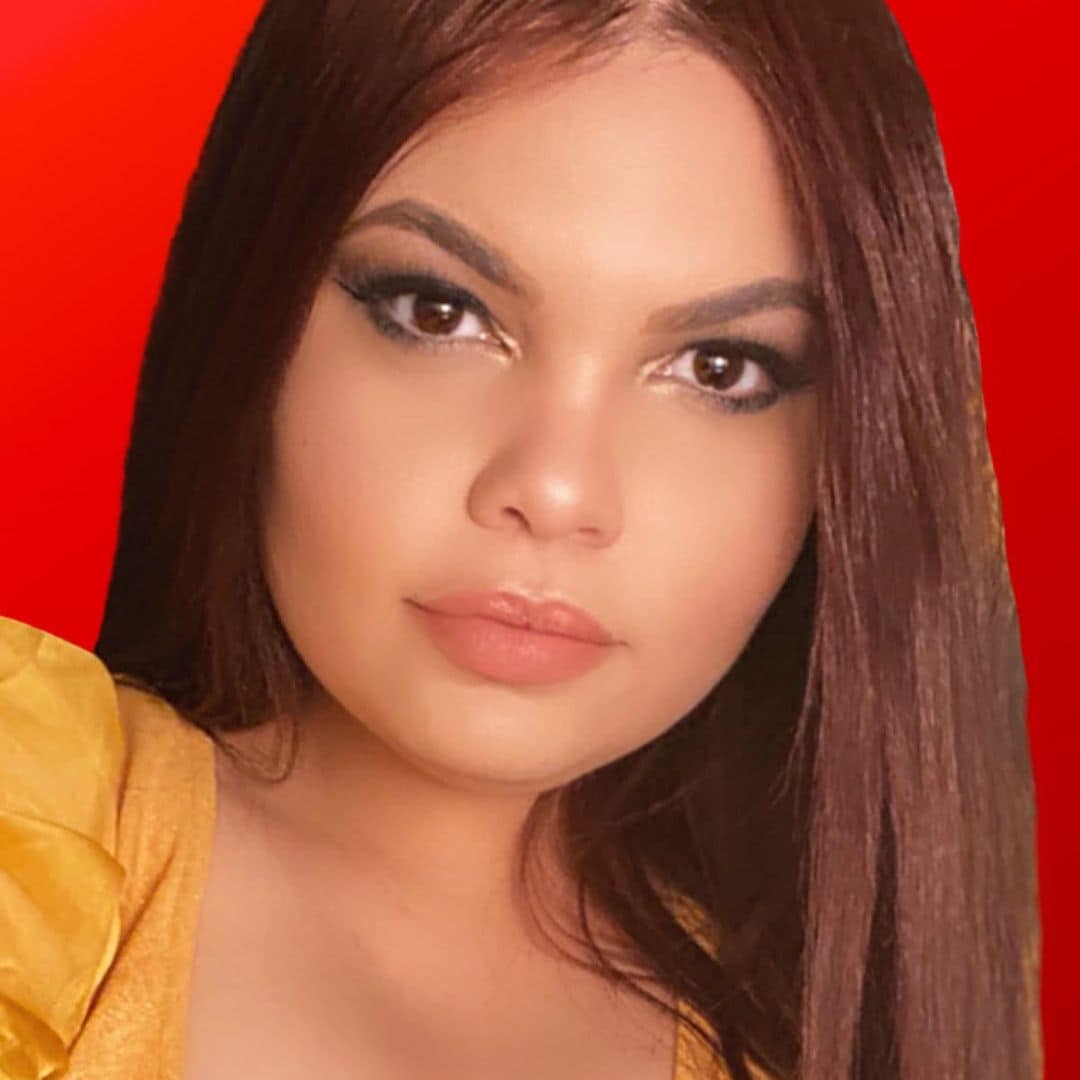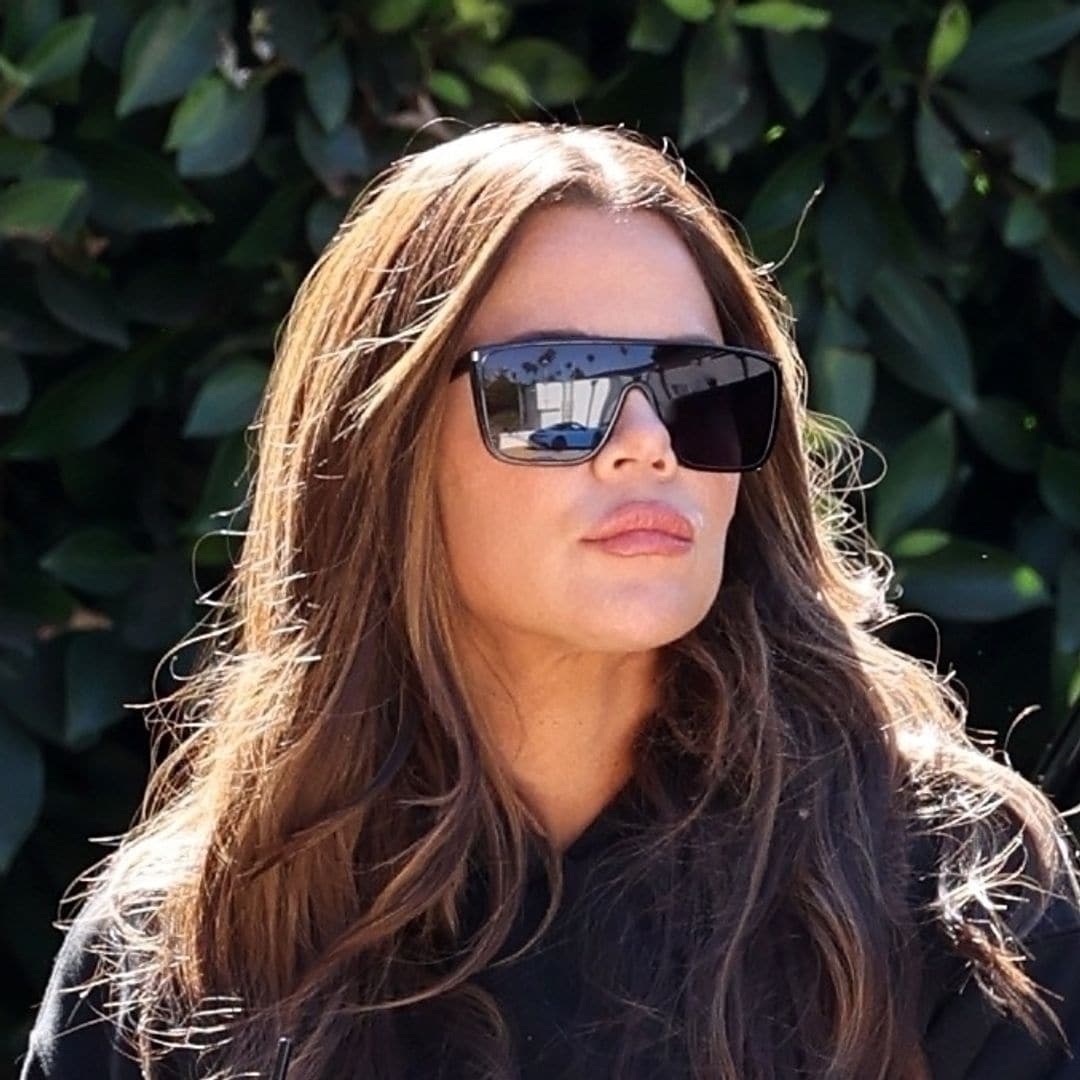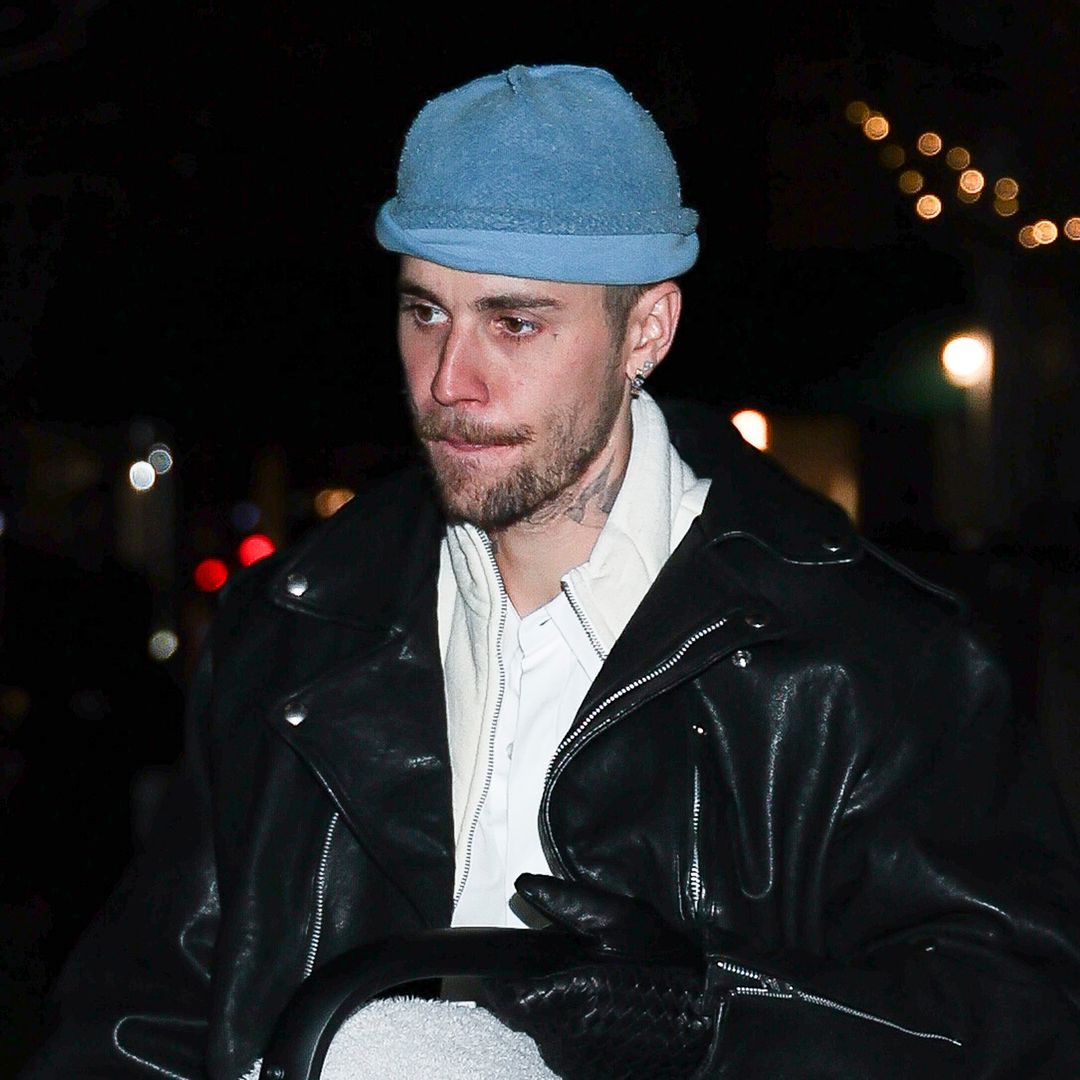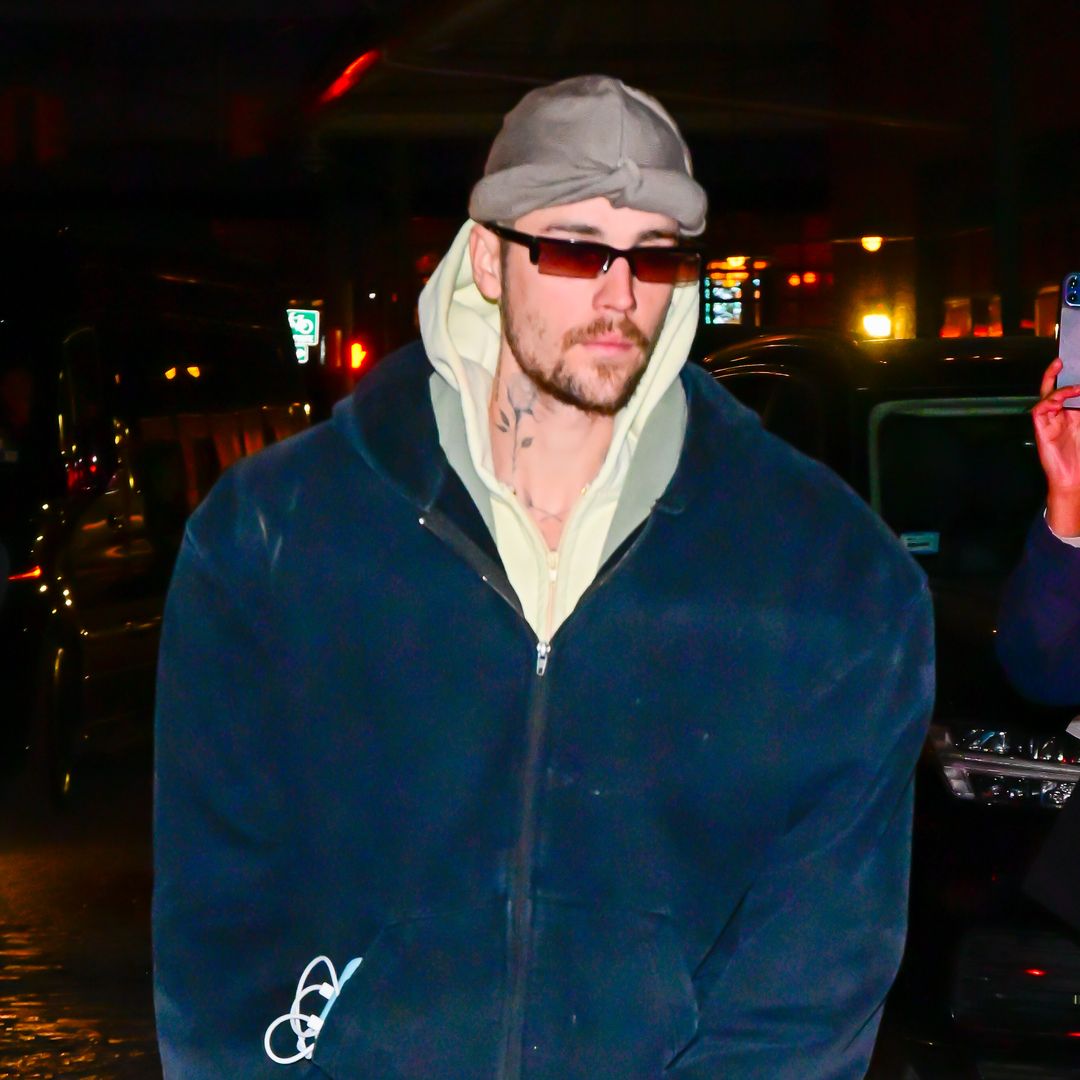Gloria Estefan , Lili Estefan , and Emily Estefan continue bringing to Red Table Talk: The Estefans honest and poignant discussions about personal, relatable topics. During the third installment of the Facebook Watch show, “Coping With a Mental Health Crisis,” the beloved family invited performer and social media star Lele Pons and actress Karla Souza to also share struggles with mental health and how they cope.
Singer Gloria Estefan started the conversation by revealing her past struggles with mental health. “I’ve always felt very good in my own skin, except when I was 15, and my dad had spent a year already at home...I was taking care of him. He was heading downhill fast,” Gloria said. “Even though my father survived the Vietnam War, he still became a casualty of combat. His exposure to agent orange, a poison used for warfare, resulted in his diagnosis of multiple sclerosis. He lost his ability to speak; he couldn’t walk, so he would stand up to try to go to the bathroom, and he would fall,” she recalls.
“I didn’t want to tell my mother that I was starting to feel cracks in my armor. I didn’t want to tell my grandmother because I didn’t want to worry her,” she continued. “My father had left a gun in my house when he went off to war...and I knew where that gun was. And I started having desperation thoughts. What got me through that moment was thinking of others...was thinking of other people that I loved. You know what? I got through it. A lot of people...don’t get through it.”
According to the New England Journal of Medicine, approximately 1.5% of people die by suicide every year. Although it might vary in certain countries, globally, suicide is most common among those over the age of 70. However, suicide is considered a major national public health issue in the United States, having one of the highest rates. The CDC’s National Center for Health Statistics reported that in 2018, there were 48,344 recorded suicides. According to the National Institute of Mental Health, it was the second leading cause of death.
Lili Estefan, known for her big bright smile, went through this experience when her mother took her life when the tv presenter was just a kid. “I come from a family that we’ve struggled with mental health,” revealed the host of El Gordo y la Flaca. “My mom passed away when I was ten and a half, 11. For this show, I had to call my father, call my brother...it’s incredible how careful we become, the three of us when we have to talk about my mom and her death,” Lili said, referring to that she had to inform her family before sharing her experience.
“I would get home from school, and she’s unstable again...I would see it. I would see her eyes, her body language; she would change,” she said. “I grew up very fast.”
The 53-year-old Cuban-American model also remembered the exact words her dad said when her mom passed, adding that not talking about what happened took a toll on her mental health. “Yes...that day I remember my father getting there and telling me ‘Life is not fair and sometimes you don’t get exactly what you want,’” she said. “I’ve never talked about it...and I think that was my depression. I would go back and think we could’ve done something.”
Unaware of how she was able to cope with the tragedy, Lili Estefan thinks that she just developed a defense mechanism to keep going. “I look back now and think, ‘How the hell did I survive so much?’” she said. “When you go through something so dark in your life, you learn the best mechanisms to keep ongoing.”
Like her mom and her cousin, Emily Estefan also shared her mental health experiences, revealing that she has anxiety and depression. “I actually suffer from extreme anxiety. It’s crept up on me throughout the years,” said the 25-year-old music artist. “Abuela got sick. When she passed, I stopped eating completely. That was the beginning of a cycle,” she recalls. “The small steps of anxiety and depression...it feels like a wave that captures you, and you can’t get out.”
According to Mayo Clinic, depression is prevalent, and more than three million Americans per year experience a persistent depressed mood or loss of interest in activities. “That’s a dark place that has no tunnel, no lights, no ladder...you feel like you’re sitting at the bottom of a box, and nothing’s going to get you out of there,” Emily explained. “I think that my journey now, which is the beginning of the true healing process, is realizing that if you have anxiety, depression...these are things that come with humanity.”
The profoundly personal conversation continues with Lele Pons, who candidly shared her extreme challenges of living with severe OCD. Karla Souza opened up on how growing up with a bipolar mother led to her own dramatic mental illness battle.
Pons was diagnosed with Tourette’s syndrome, a nervous system disorder involving repetitive movements or unwanted sounds, and OCD, described by the National Institute of Mental Health as a standard, chronic, and long-lasting condition in which a person has uncontrollable, reoccurring thoughts (obsessions) and/or behaviors (compulsions) that he or she feels the urge to repeat over and over. “I left school for a year just to work on my mental health because I couldn’t function,” Pons revealed. “For me, my OCD is touching, doing rituals in three...something triggers me. It can be anything, a word. Then I get stuck with that feeling; then I can’t even move...then the thoughts come in...bad thoughts come in.”
According to the “Se Te Nota” singer, it was hard for her to stick to treatment. “I was really embarrassed. I actually spent four years literally being like ‘I don‘t care about therapy...I’ve cured myself,’” she said. Experts assure that this common condition can’t be cured, and talk therapy, medications, or both, could improve the patient’s quality of life.
OCD can also affect their relationship with others. The American Brain Society informed that a person diagnosed with an obsessive-compulsive disorder sees highly emotional interactions as their primary focus. During Red Table Talk: The Estefans, Lele Pons also shared details of her intense romantic relationship while struggling with OCD.
When in 2016, Lele Pons and Juanpa Zurita’s display of affection went viral, fans thought it was true love. However, the Venezuelan said she wasn’t in love with him.“I wasn’t. I was obsessed with him,” Lele Pons said to Gloria Estefan. “For me, the hardest with OCD is the ROCD, the relationship OCD.”
Mexican actress Karla Souza, known for her role as Laurel Castillo on the ABC legal drama series, How to Get Away with Murder, later joined the ladies at the Red Table to discuss hers and her family’s struggles with mental health. “I grew up with a mom who struggles with bipolar disorder, multiple family members have had it...my entire family’s been affected by this,” Souza revealed. “When your schoolmates find out la mama loca, it’s demonized. In a Latin community, it’s like la loca...we don’t talk about that; we deny it,” she said, referring to the stigma of mental health in the Hispanic and Latinx community.
“I basically lost the ability to speak. I was 18, studying in London, I was exhausted. I was doing way too much. I couldn’t explain what was happening to me, and it was hell,” Souza said to Emily Estefan. “I struggled with having thoughts of suicide, and I remember that being the moment of panic. I remember I would see my friend’s faces turn into rats, and they were going to eat me. I was just seeing things.” Souza said her classmates requested her expulsion from the educative institution. “I was in college with 60 other students...they signed a petition to get me kicked out of the school,” she said.
After sharing their experiences, Lele Pons and Karla Souza reflected on their lessons going through all these life-changing experiences. “Whatever you have does not define you...it’s part of who you are,” Pons said. “I think that for people who are struggling, the best thing they can do is learn about what they have. My favorite thing is going to group therapy.”
“For me, the suicidal thoughts came not knowing what to do...so when you’re in a group, and there’s more people talking, you’re suddenly on a lifeboat,” Karla Souza said. “The support system of people talking about it and sharing stories, that I think is super powerful.”
If you or someone you know is struggling with mental health and needs help, please visit Nami.org. In a crisis? Text “Nami” to 741741.
Watch the complete episode of Red Table Talk: The Estefans, below:
,type=downsize)




